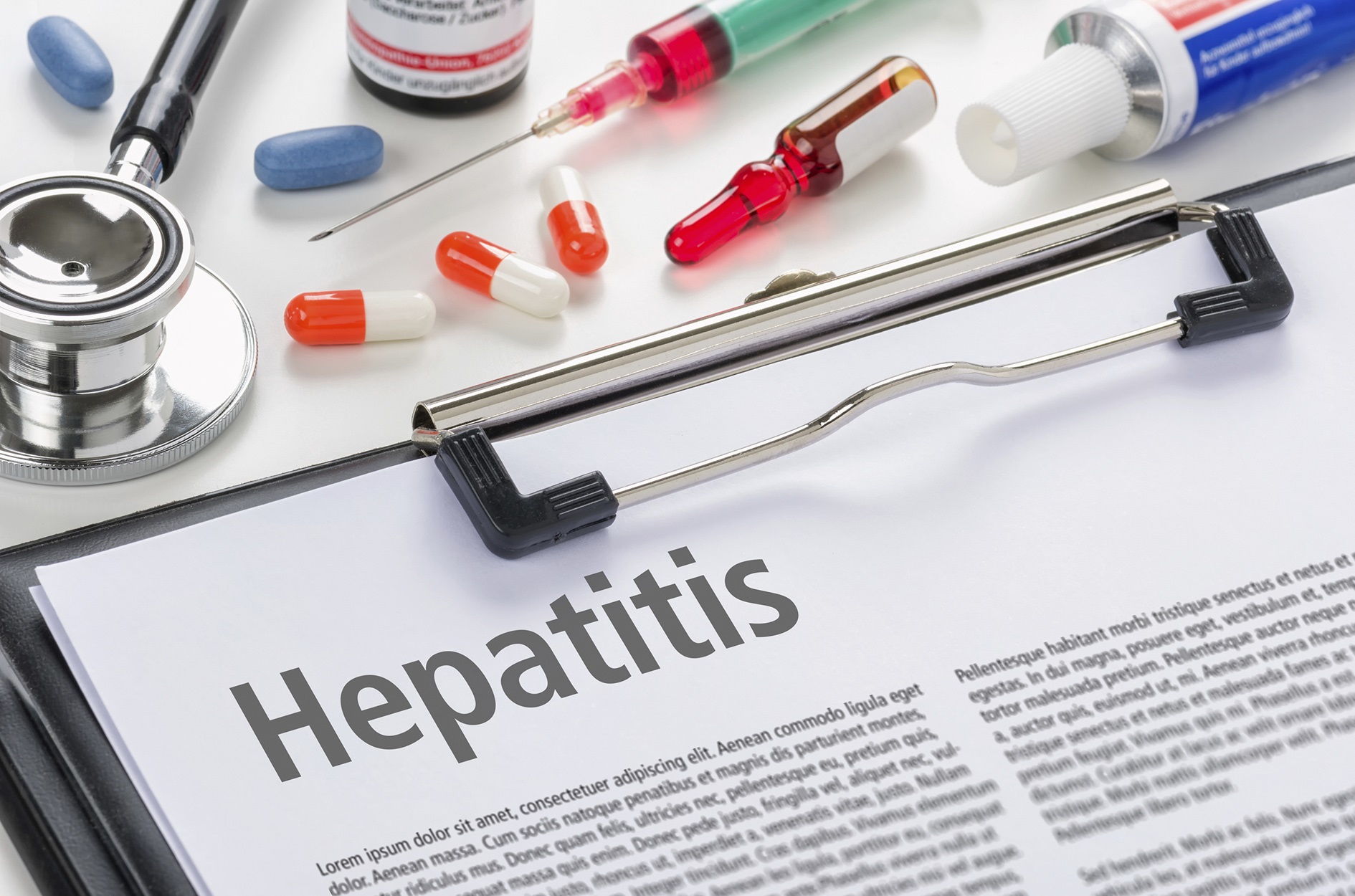VBI craters as investors react to Hep B vaccine data

VBI Vaccines has trumpeted top-line data from a trial pitting its hepatitis B virus (HBV) vaccine candidate against GlaxoSmithKline’s Engerix-B – but investors weren’t convinced, and its shares plunged.
The Massachusetts biotech accentuated the positive in its statement on the results, pointing to the fact that Sci-B-Vac met its two co-primary endpoints including non-inferiority to GSK’s shot in all adults and superiority in adults age 45 or more.
The PROTECT trial recruited around 1,600 subjects, split between the VBI and GSK vaccines. Among the whole group, Sci-B-Vac produced a protection immune response in 91% of recipients, compared to 77% of the Engerix-B group, after three vaccinations. Similarly, in the 45 and older age group seroprotection rates were 89% and 73%, respectively.
VBI’s optimistic assessment was however undermined by a failure on a secondary endpoint. Sci-B-Vac wasn’t able to show its non-inferiority for two doses of Sci-B-Vac versus the standard three-dose Engerix-B regimen in the PROTECT trial.
Fearing that the commercial prospects of the new vaccine were diminished as a result some investors bailed out, sending VBI’s shares down almost two thirds into penny share territory, despite its protestations that marketing applications are on track in the US, Europe and Canada next year.
Those filings are however dependent on the outcome of a second head-to-head pivotal trial – CONSTANT – which is due to generate results around the end of this year.
Preying on shareholders’ minds is a rival HBV vaccine from Dynavax – Heplisav-B – that has already been approved with a two-dose regimen and made a little under $6m in sales in the first three months of this year after a launch early last year. Engerix-B is one of a basket of hepatitis vaccines in GSK’s portfolio which brought in £808 million (around $1 billion) last year.
While vaccination has reduced the importance of HBV as an infectious disease, it is still massively common with the World Health Organization estimating that two billion people have been infected with the virus and more than 250 million worldwide have chronic hepatitis B and are contagious.
VBI chief executive Jeff Baxter said on a conference call that he doesn’t see the vaccine as competing with current HBV drugs, rather as a complementary product that will have a role to play as a safe and low-cost alternative that provides rapid seroprotection, for example for healthcare workers and diabetics, and improved efficacy in older patients.
“These results are truly exciting and demonstrate, in a large multicentre controlled trial, the impressive efficacy of Sci-B-Vac at a dose half that of other hepatitis B vaccines,” said Timo Vesikari of the University of Tampere Medical School in Finland, the lead investigator for VBI’s pivotal trials.
“If approved, this vaccine could play an important role in the prevention of hepatitis B, addressing a significant unmet medical need in the adult population.”
Sci-B-Vac is already on the market in 11 ex-US and European markets around the world but sales are very low, at $600,000 last year.











